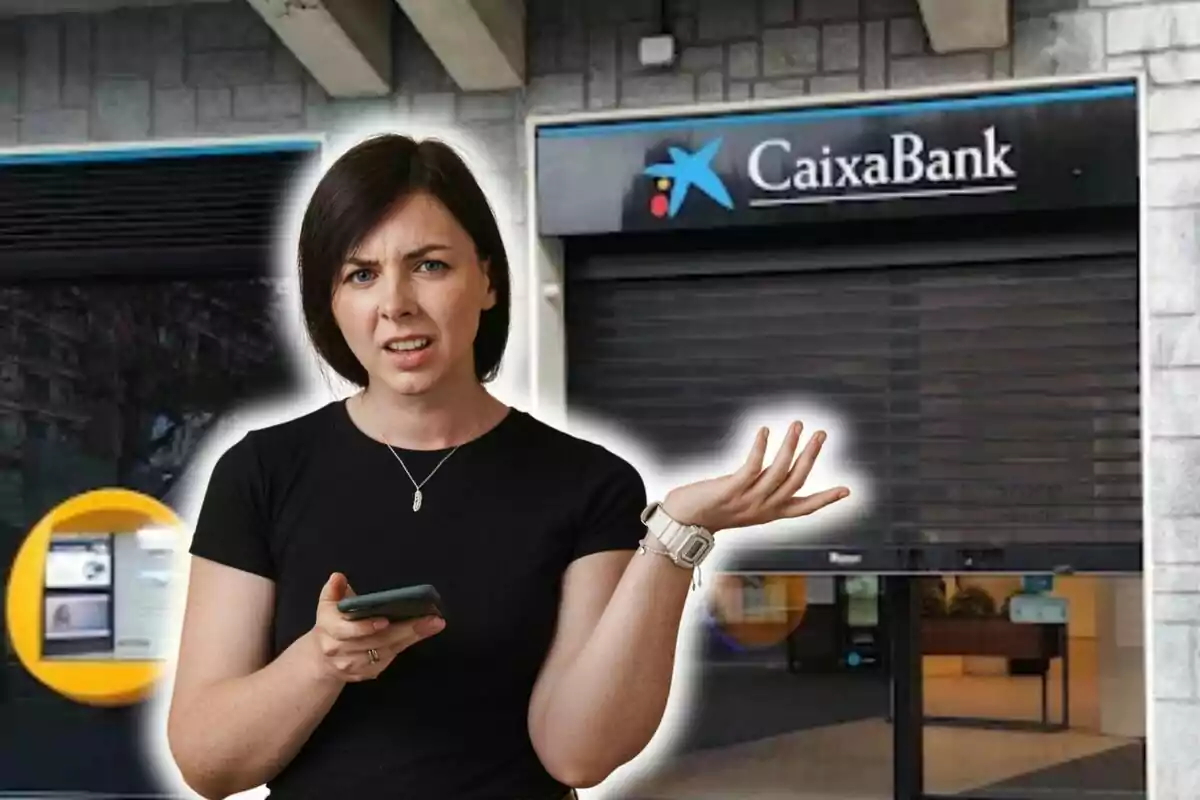
Urgent Statement from CaixaBank to Its Clients: Do It This Way and Your Money Will Be Safe
CaixaBank launches a lifeline to many, once again, to prevent scammers from ruining our day
CaixaBank has issued an important alert to protect its customers from "romance fraud," a scam increasingly common in the digital age. This type of fraud involves scammers creating fake profiles on social media or dating apps to establish romantic relationships with victims. Once they gain their trust, they request money for various reasons, such as emergencies or joint projects.
CaixaBank Throws a Lifeline to Many Over Romance Fraud: Be Very Careful
Scammers present themselves as attractive and charismatic individuals on online platforms. After weeks or months of interaction, they manage to make the victim fall in love and eventually ask for money. These requests are usually urgent and appeal to the empathy of the affected person.

- Creation of Fake Profiles: They use stolen photos and invented data to appear real.
- Establishment of the Relationship: They start conversations and share personal stories to gain trust.
- Request for Money: After creating an emotional bond, they ask for money for situations like medical emergencies or travel.
- Disappearance: Once they receive the money, they cut all contact and disappear.
What CaixaBank Advises Us to Avoid Falling for This Fraud
Maintain caution and don't share personal or financial information with people you don't know in person. Be alert and distrustful of money requests, especially if they come from someone you know online and not in person.

Apply common sense; if something seems too good to be true, it probably is. Don't send money; no legitimate online friend or partner will ask you for money, especially if you haven't met in person. Additionally, you should verify the information; if you have doubts, contact your bank or the competent authorities directly.
The Importance of Common Sense in These Cases: CaixaBank Gives You a Hand
Common sense is your best ally to detect and avoid scams. If a situation raises doubts or seems suspicious, it is essential to act cautiously and consult with trusted people or professionals.
Remember that financial and personal security is most important to CaixaBank. Stay informed and alert to protect yourself from scammers looking to take advantage of people's good faith.
More posts: